Researchers Uncover How Like Humans, Female Chimpanzees Benefit from Friendship: Study
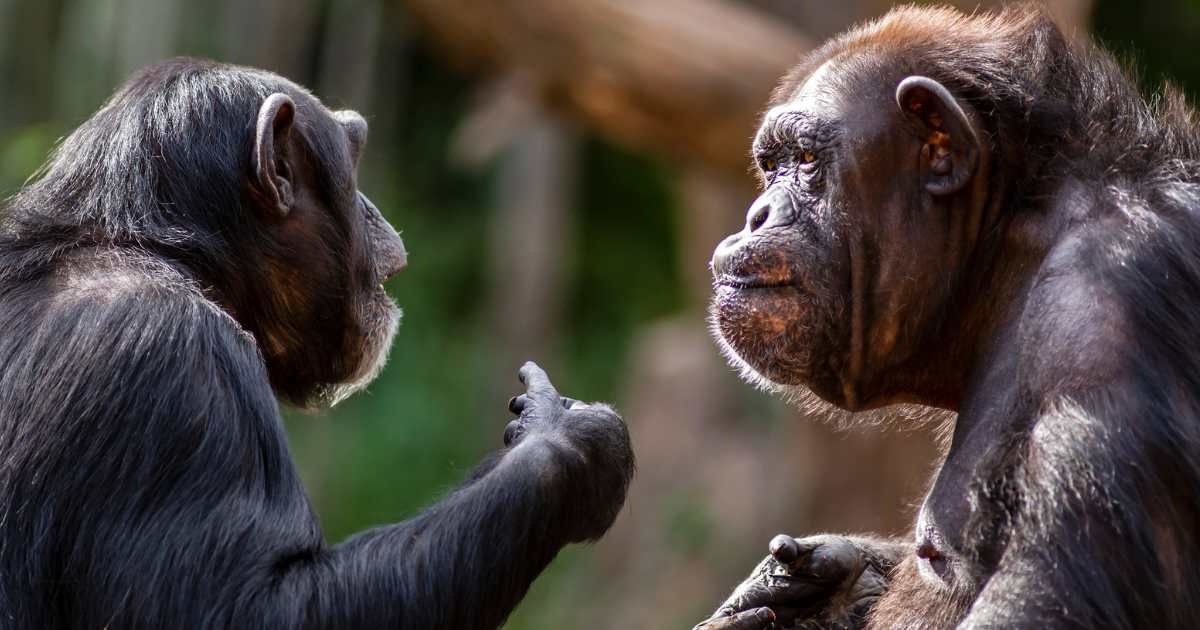
In a study conducted on Eastern chimpanzees (Pan troglodytes schweinfurthii) in Tanzania’s Gombe National Park, scientists from Duke University in North Carolina set out to understand whether the concept of friendship exists in the chimpanzee society, like it does among humans. They published their findings in the journal iScience, shedding light on the complex social lives of female chimpanzees and the possible evolutionary roots of human friendship.
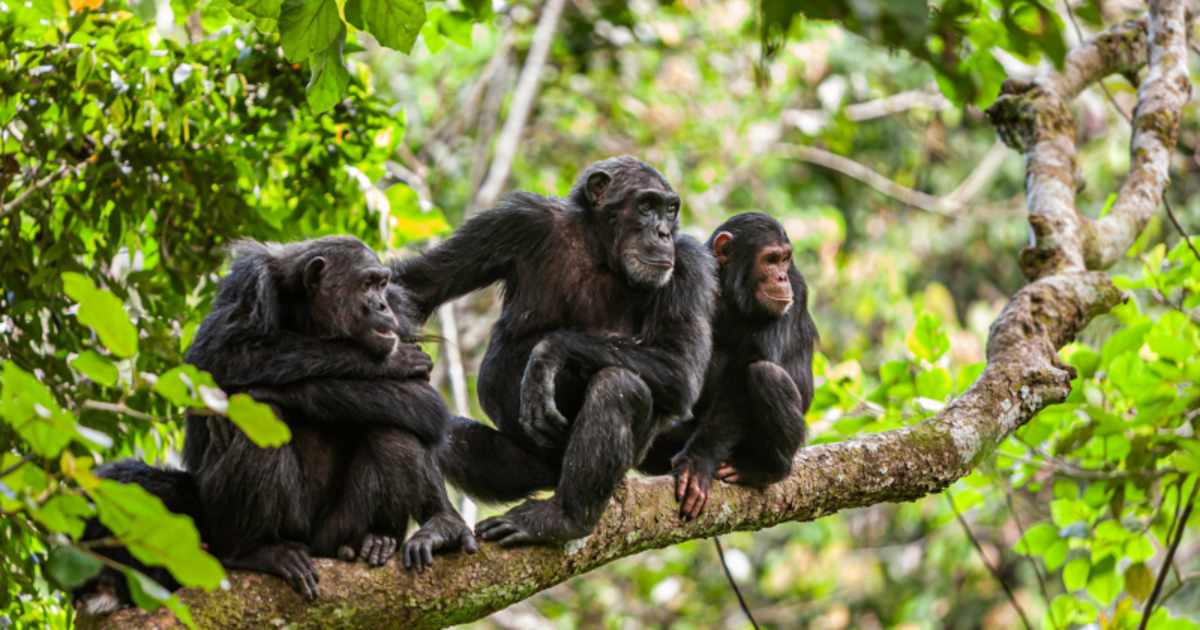
The Concept of Friendship
Friendship is a unique human trait, offering support and companionship without guaranteeing a reward. It operates on an emotional level, enriching the lives of people in ways that cannot be easily measured. Yet according to the findings and observations across species, this form of bonding is not limited to humans, as reported by Discover Wildlife. It is challenging to assess animal emotions beyond accurate signs of fear, aggression, and irritation. Scientists believe that deep social bonds similar to friendship exist in non-human species as well.
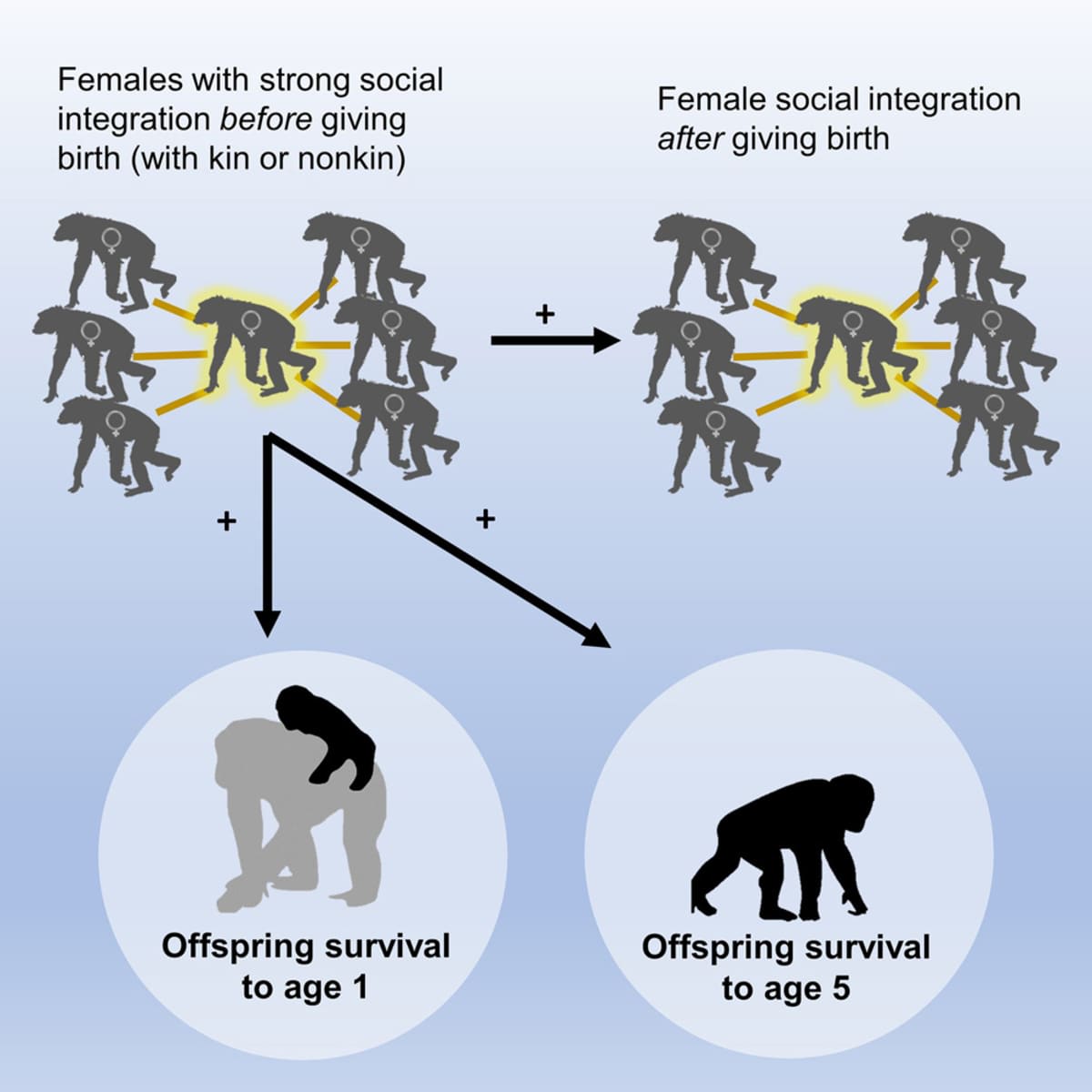
Pet owners often find cross-species relationships, like those between dogs and cats or horses and donkeys. Dairy farmers have noted that cows form selective grazing groups, repeatedly associating with certain cows while avoiding others. Elephants are renowned for their long-term bonds with unrelated companions, traveling together and even mourning the loss of their companions. Such social alliances bring many mutual benefits, like protection, comfort, and even access to resources. Scientists believe these relationships are not formed out of calculated intent but out of mutual support and friendship.
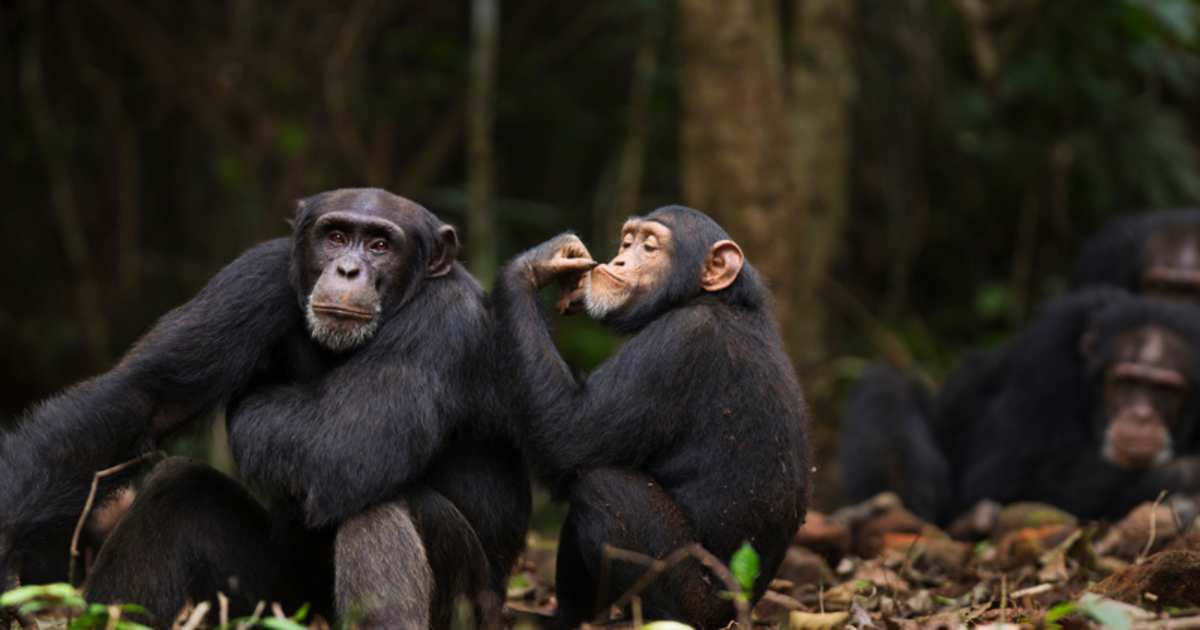
Friendship as a Survival Tactic
To further understand whether friendships among animals were formed out of self-interest or genuine friendship, researchers from Duke University, in a study spanning over 3 decades, observed behavioral data from 37 mothers and their 110 offspring, tracking their every relationship from a year before they gave birth to five years after. In the chimpanzee society, many females were found to form bonds with not just relatives but also with unrelated females. The researchers wanted to find out if these friendships had any impact on the survival of the young chimpanzees.
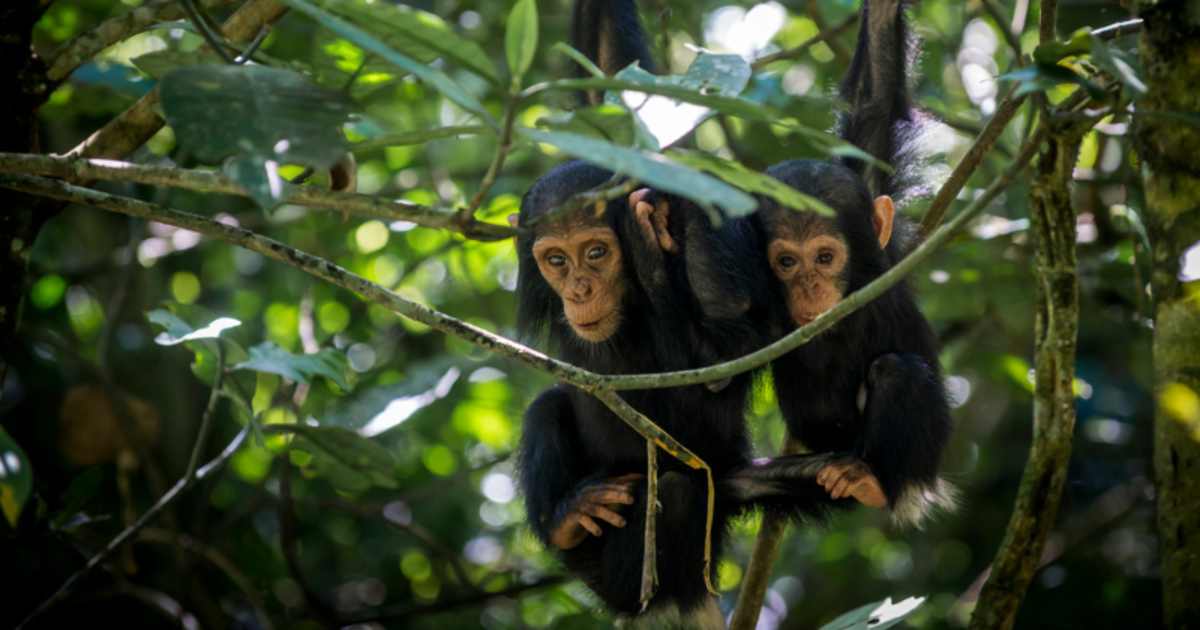
They found an interesting pattern: the mother chimpanzees and their friendships with their family and relatives didn’t improve the chances of the baby’s survival, but strong bonds with non-relatives did. Infants born to mothers with non-relative friends were seen to survive both their first year, when most chimps were seen to pass away, up to age five, when they are weaned off.
“In species where females live in groups with their sisters and mothers, it’s less surprising that female sociality is beneficial. But female chimps don’t usually have that. They are also less gregarious than males, so the fact that forming strong social connections still matters is striking,” remarked Joseph Feldblum, lead author and assistant research professor of evolutionary anthropology at Duke University.
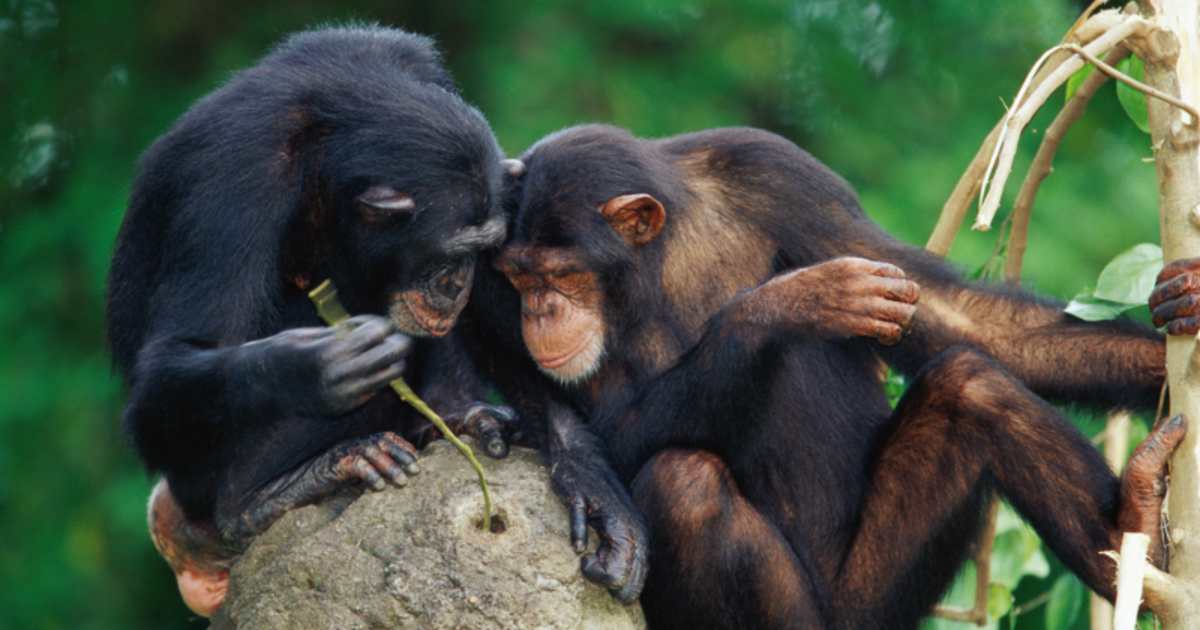
Expectations from the Study
Female chimps with strong social bonds often face less aggression, get more access to food, and can protect themselves and their offspring from harm. The study also noted that these close bonds can help decrease stress levels in mothers and give the babies a better start in life. “Our results don’t prove causation, but they point to the value of being surrounded by others who support you, or at least tolerate you,” Feldblum said.
Humans are believed to be highly “collaborative and cooperative,” which is a bit amazing in the animal kingdom. “Human females who don’t have access to kin — for example, because they moved to a new city or village — are still able to form strong bonds that can benefit them. Studying these social dynamics in chimpanzees can help us understand how we evolved to be the social, cooperative species we are today,” Feldblum added.